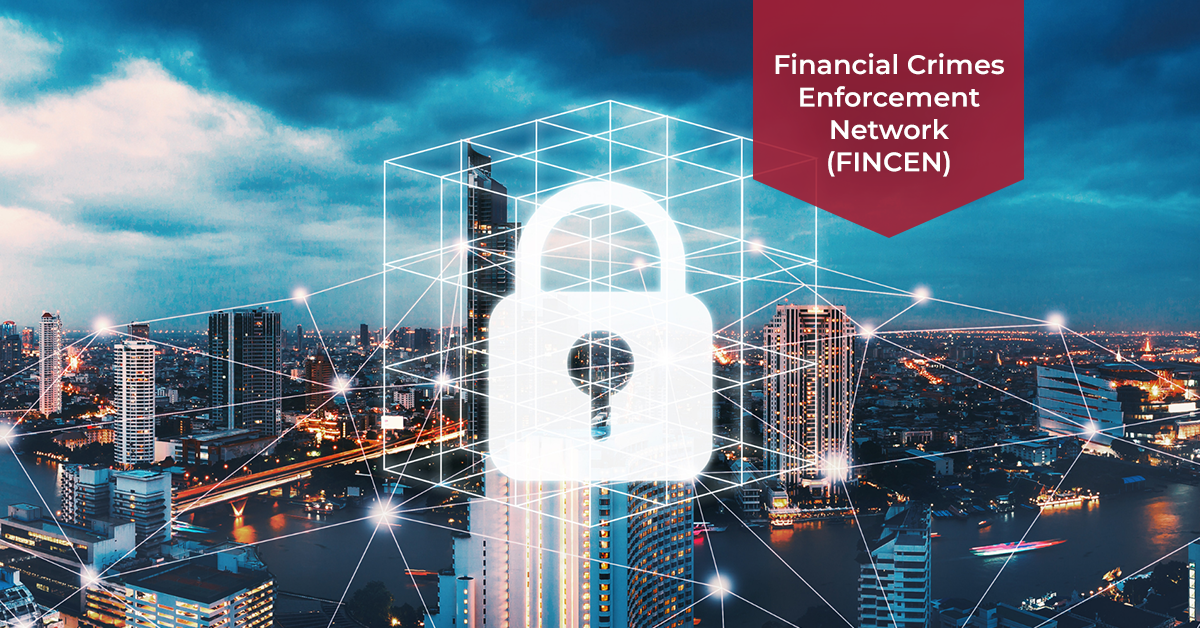
Financial Crimes Enforcement Network (FINCEN)
The Financial Crimes Enforcement Network is an office of the United States Department of the Treasury and operates a network of financial transaction analysis to detect and prosecute financial crimes. This includes preventing money laundering and combating terrorism financing and applies to national and international affairs. FINCEN was established in 1990 and took over more than four years later. When the US Patriot Act was passed in 2002, Financial Crimes Enforcement Network became the official office of the US Treasury. Its aim is to edit and publish four reports per year, taking advantage of cutting-edge technologies such as its search engine to find people who may be involved in suspicious activity or financial crimes, banks and currency collecting systems. For example, FINCEN recently decided that ‘alternative currency’ fits the definition of money service operations. The move allows the station to start monitoring cryptocurrencies such as Bitcoin. These cryptocurrencies are becoming more and more popular and important in the global financial market.
What Is Fincen in Banking?
FINCEN‘s activities are briefly summarized by its famous motto, ‘Follow the Money.’ Basically, an organization has two main purposes. Acts as a key regulator first is US Financial Intelligence Unit (FIU) and second is Federal Money Laundering Prevention / Terrorism Financing (AML / CFT). Financial Crimes Enforcement Network collects, maintains and analyzes data Assists in the implementation of AML / CFT compliance and works with national and global partner organizations such as the Financial Action Task Force (FATF). Parliament has a specific obligation to collect, analyze and disseminate relevant reports and other data as required by FINCEN in a centralized manner to assist partners in the federal public and financial sectors. State, local and international have assigned responsibility to FINCEN.
What Are Fincen Requirements?
The new rules released by the Financial Crimes Enforcement Network require all financial institutions in the United States to identify and validate corporate beneficiaries when opening new accounts, unless a recognized exception to the rule applies. As of May 2018, all US financial institutions, including Citi, have (i) those who directly or indirectly own more than 25% of corporate customers, and (ii) data information and documentation need to be collected. The information required for this includes:
- Both your date of birth and your home or work address,
- Government-issued ID number (Social Security number for Americans)
To properly verify this information, the city may have a driver’s license, passport,or other ID with a photo.
Who Must File to Fincen?
Most US citizens are required to submit a form every year to report foreign banking information. This form is called a foreign bank statement (FBAR). This form reports foreign bank accounts to FINCEN, an agency of the US Treasury Department. Americans who have a financial interest or a signer in a foreign financial account are required to submit an FBAR if the total amount of overseas financial accounts exceeds $ 10,000. A full description of the command details can be found in the FBAR Command Details Guide.
